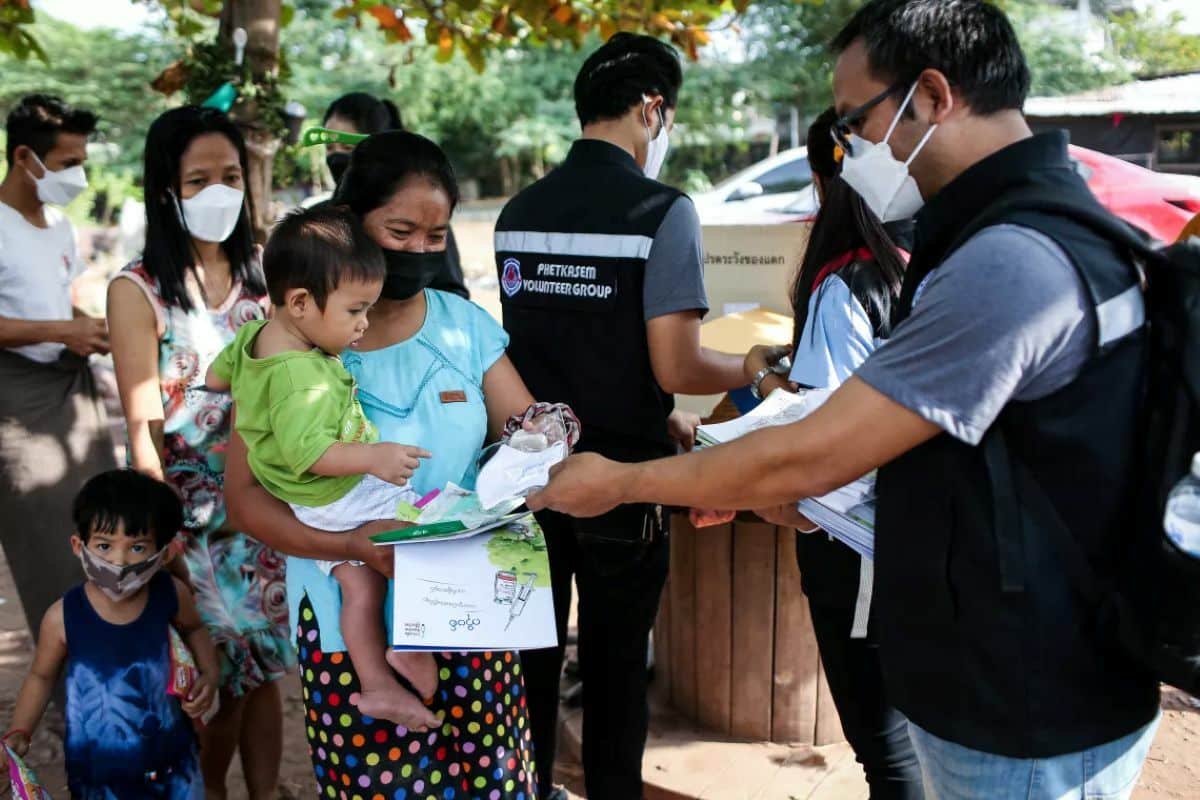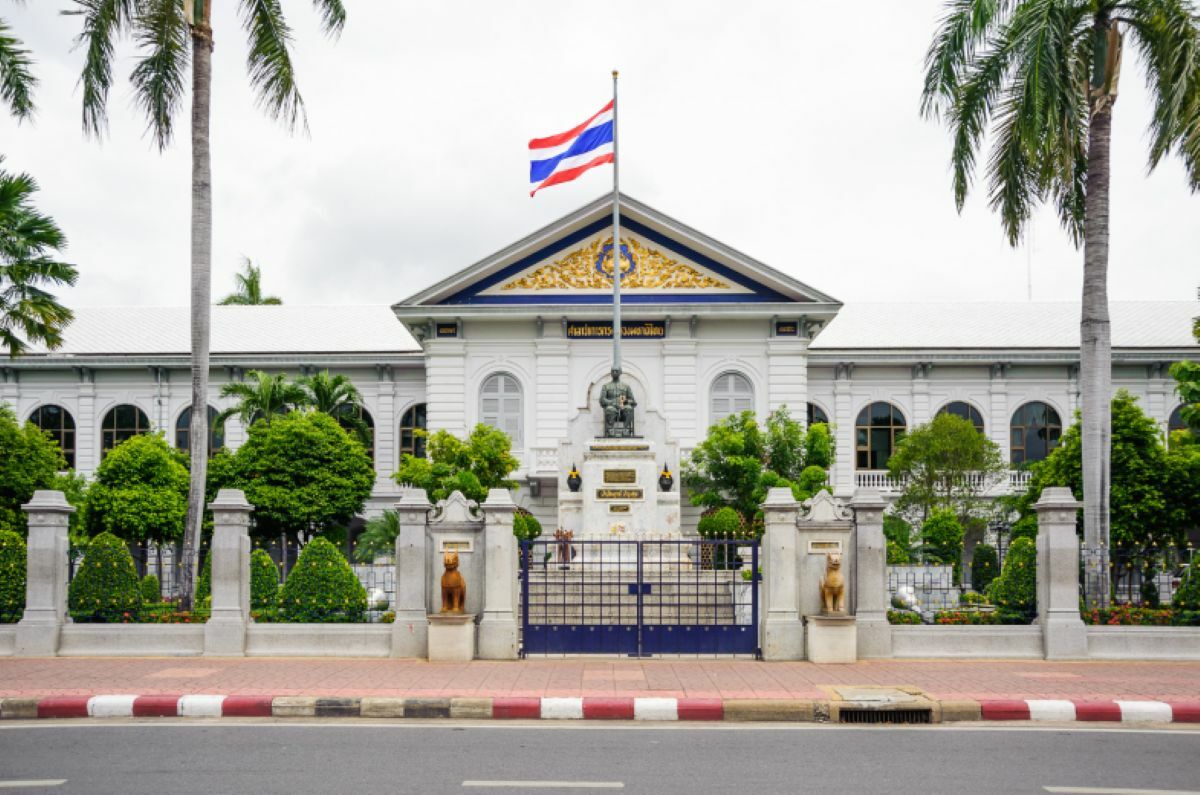

Thailand’s Ministry of Interior has announced new citizenship regulations aimed at resolving decades-long issues of statelessness among children born to long-term migrants.
The order, signed by Deputy Interior Minister Teerarat Samretwanich, was published in the Royal Gazette today, June 30. will take effect immediately and will remain valid for one year, unless extended by the Cabinet.
Under the new criteria, children born in Thailand to foreign parents who were documented before 1999 and later registered under state programmes between 2005 and 2011 are eligible to apply for Thai nationality. Officials said the measure is part of efforts to ensure legal clarity and improve the lives of migrant communities that have contributed to the country for generations.
Applicants must present evidence proving they were born in Thailand, such as a birth certificate or official registration records. They must also show that their parents have resided in Thailand continuously for at least 15 years.
Additionally, applicants are required to demonstrate proficiency in Thai or a widely spoken local language in their area of residence. Exceptions are granted to children under seven years old and those with disabilities affecting communication or cognitive ability
The policy also covers children of several minority and ethnic groups historically permitted to live in Thailand. These include Vietnamese migrants, Chinese Haw communities, Hmong from Tham Krabok, displaced Burmese of Thai descent, and other long-settled groups.

Officials emphasised that applicants must have no record of holding another nationality. They also must not have been convicted of serious crimes or be deemed threats to public safety or national security. However, applicants under 18 will not be subject to criminal background checks.
Applications will be reviewed and approved by district officers, the Director of the Registration Administration Office, or designated officials from the Department of Provincial Administration, depending on the applicant’s place of residence.
If authorities later discover that citizenship was granted based on false information or that the individual committed acts harming national interests, officials can revoke Thai nationality in accordance with the law.
The Ministry of Interior said this announcement suspends earlier rules issued in 2017 during its period of enforcement to avoid overlapping regulations.
Officials expect the new measures to help thousands of families who have faced legal uncertainty and barriers to accessing education, healthcare, and employment.
Applications must be filed within the one-year timeframe, though the Cabinet may extend the deadline if necessary.
The story Thailand eases citizenship rules for children of long-term migrants as seen on Thaiger News.
